Brain Stimulation and Cognition
The Brain Stimulation and Cognition group at Maastricht University aims to unravel the psychological and neural mechanisms of human cognition and behaviour. How is it that a brain, simply a collection of cells, can give rise to something as rich and expansive as everyday human experience? How does the brain solve the many problems -easy or difficult- that we encounter in our daily lives? Our group specifically focuses on the use of non-invasive brain stimulation (NIBS) methodologies combined with neuroimaging (fMRI, EEG) techniques to study functional network accounts of human cognition, and to develop and apply brain-based neuromodulation therapies for various neuropsychiatric disorders.
Our research lines span from basic cognitive neuroscience in healthy volunteers, to methodological advancements in brain stimulation technology and protocols, all the way to clinical applications in psychiatry, neurology, and rehabilitation. We are interested in the neural network dynamics underlying human cognition, but also investigate the role of brain oscillations in perception, memory, attention, and inhibitory control.
We make an effort to advance NIBS methodology, optimising parameters and employing multimodal approaches combining TMS and TES with neuroimaging and neurophysiology as well as expanding closed-loop approaches to NIBS. Our group pioneered the development of simultaneously implemented TMS-fMRI-EEG during cognitive behaviour and has demonstrated the brain-state-and task-dependency of NIBS. We have successfully translated our fundamental and methodological work to the clinic including neuromodulation therapies for depression (now regulatory approved and reimbursed), OCD, and cognitive rehabilitation after stroke.
Our interdisciplinary and translational research program continues to deliver both, fundamental insights into neurobiological mechanisms of attention, working memory, and inhibitory control in healthy participants, and new brain-system-based personalised interventions for clinical applications in psychiatry, neurology, and neurorehabilitation.
Research lines
Clinical Brain Stimulation
Non-invasive brain stimulation (NIBS) can modulate neural activity and network excitability during and beyond the stimulation period. These sustained neuroplastic changes make NIBS a good treatment option in a variety of psychiatric, neurological and rehabilitation settings. Neglect rehabilitation after stroke is one of our key clinical applications of NIBS. Patients’ spontaneous functional brain reorganisation is often maladaptive, and we use TMS and tDCS to interchangeably suppress or activate hyper- or hypo-active parts of the network, restoring a healthy hemispheric symmetry and improving the recovery of function. Another clinical application of NIBS is in the treatment of neuropsychiatric disorders such as depression and OCD, where we focus on quantifying sustained neuroplastic improvements and on optimising existing treatment protocols. In these settings, we often work closely with the patient population and collaborate with local clinicians at the MUMC+ and Mondriaan hospitals.
PI: Teresa Schuhmann
TMS Methodology
Transcranial magnetic stimulation (TMS) is a non-invasive brain stimulation technique that is widely used in research to gain insights into brain function and in clinical practice to treat brain-based disorders. Successful TMS application critically depends on the use of adequate stimulation parameters and experimental designs. In many cases, this requires a personalised approach where TMS intensity and localization are tailored to the individual brain region of interest. This research line aims to advance TMS methodology by optimising stimulation parameters, developing robust procedures suitable for specific settings (clinic vs. lab), and implementing multimodal approaches that combine brain stimulation and neuroimaging to explore and validate the effects of TMS on the brain. This also requires awareness and careful implementation of experimental control conditions to prevent confounding (e.g. sensory effects of TMS).
PI: Felix Duecker
Fine-tuning the brain’s brakes
Inhibitory control over unwanted thoughts, emotions and movements is essential for effective interaction with our environment. This becomes particularly evident when there is too little inhibition, as in obsessive-compulsive disorder or Tourette’s syndrome, or too much, as in Parkinson’s disease. Recent evidence links successful inhibition to the power of neural oscillations in the beta band (15-30Hz) in a circuit involving parts of the frontal cortex and the subthalamic nucleus. While this is an important step forward, it is not yet sufficient to develop effective neuromodulatory treatments for inhibitory control disorders. For that, we need to understand how the beta oscillations mediate neuronal communication within the fronto-subthalamic circuit. In this project, we address this challenging question through novel applications of transcranial alternating current stimulation (tACS). This non-invasive brain stimulation technique aligns neuronal oscillations to an oscillating low intensity electrical current applied to the brain. This external control over oscillatory power and phase allows us to investigate: the functional relevance of beta oscillatory phase, the causal role of interactions between beta oscillations and other frequency bands (‘cross-frequency coupling’) and the importance of synchrony within the network. In parallel, we are developing an innovative, non-invasive, treatment strategy for patients with inhibitory control deficits, by recording and modulating abnormal circuit activity in a closed-loop.
PI: Inge Leunissen
Linking temporal dynamics inside and outside the brain
Rhythm and temporal information can be used to optimally predict when something is going to happen. However, temporal information also provides information about the exact content of information, that is temporal information does not only provide cues for when, but also for what. For both operations (tracking and coding temporal information) the same temporal brain dynamics are important, namely brain oscillations. How can the brain track continuously incoming information and simultaneously use the temporal dimension to code information? To do this the brain needs to compute in time as well as with time. This research line investigates how our brain can track temporal structure and how temporal dynamics in the brain are relevant for various cognitive functions such as memory, speech, and attention. We use EEG, MEG, ECoG, brain stimulation, and computational modelling. More information about this research line can be found here: https://tedyum.github.io/
PI: Sanne ten Oever
PhD Positions and Internships at the BSC lab at Maastricht University
Internships: we do have a limited number of internship positions available. In case you are interested, please send a motivation letter, your CV, the exact period of your intended commitment, and the study program under which the internship falls to fpn-bsclab@maastrichtuniversity.nl.
PhD Positions: In case we have a PhD position available, this vacancy will always be transparently and explicitly advertised in the university website and academic transfer. Any applications need to go via those media.
Our Principal Investigators
Alexander Sack
Full Professor

Teresa Schuhmann
Full Professor

Felix Duecker
Assistant Professor

Inge Leunissen
Assistant Professor

Sanne ten Oever
Assistant Professor
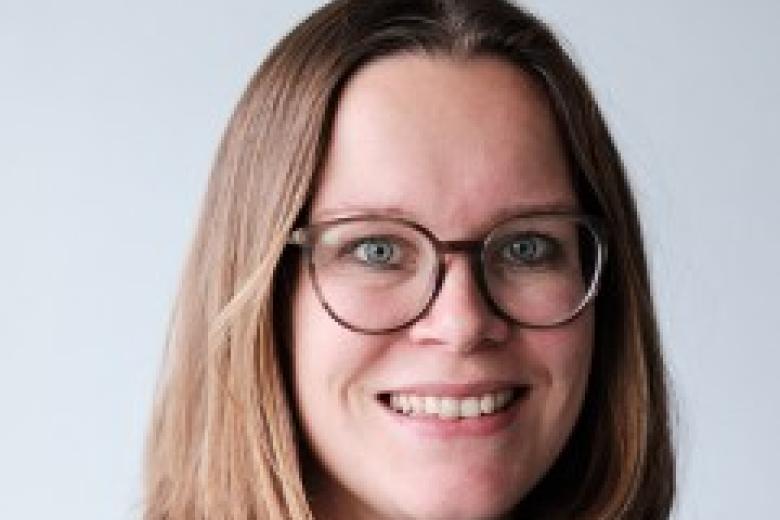
Our PostDocs, research assistant and affiliated staff
Tuba Aktürk
Postdoctoral Researcher
Salil Bhat
Postdoctoral Researcher
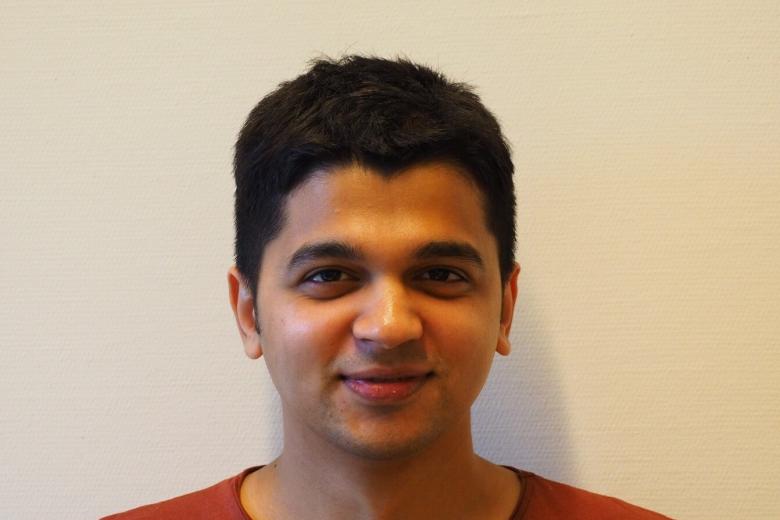
Jelena Trajkovic
Postdoctoral Researcher
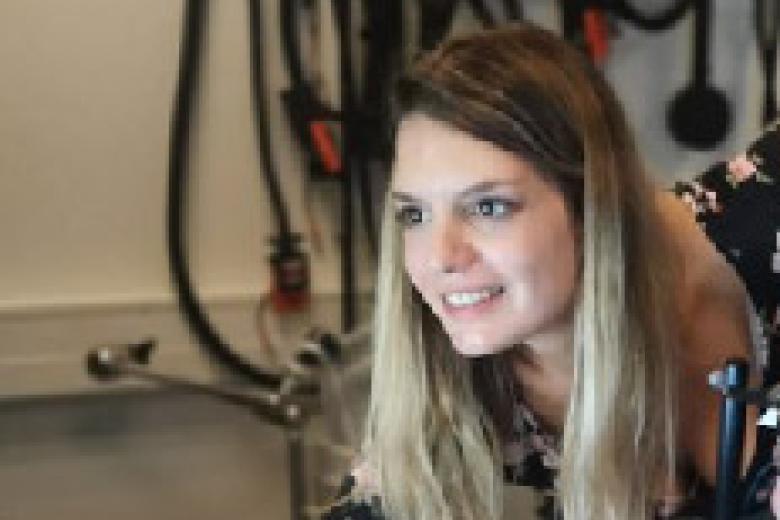
Laurie Galas
Postdoctoral Researcher
External Fyssen Grant
Filiz Tezcan
Postdoctoral Researcher
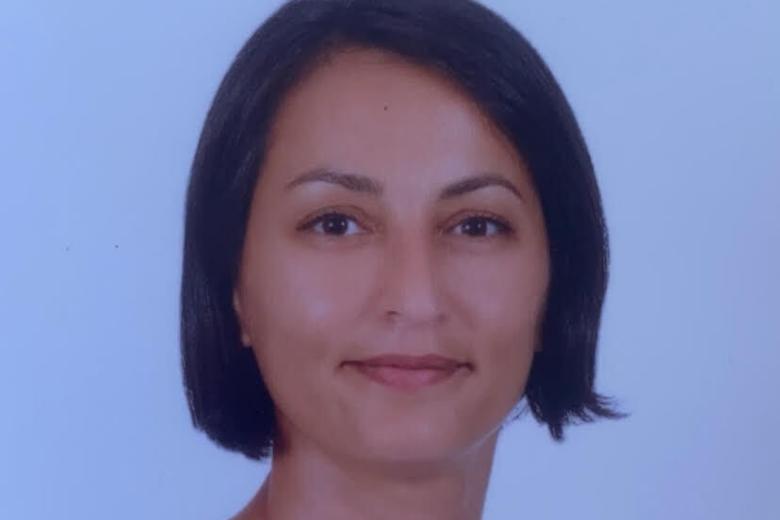
Jeannette Boschma
Research Assistant

Martijn Arns
Affiliated Researcher
Brain Clinics, Nijmegen, The Netherlands
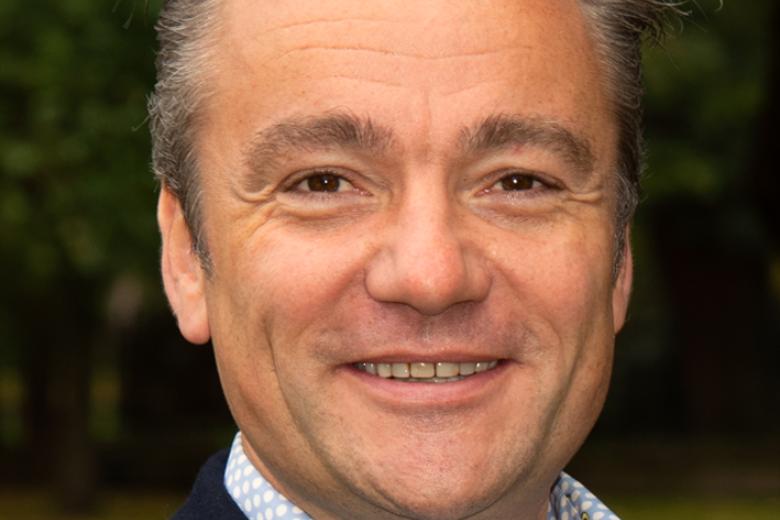
Hanneke van Dijk
Affiliated Researcher
Synaeda Psychomedisch Centrum, Drachten, the Netherland

Nikita Van der Vinne
Affiliated Clinical Partner
Synaeda Psychomedisch Centrum, Drachten, the Netherland

Our PhDs
Tara Küthe
PhD Candidate

Oscar Magnusson
PhD Candidate

Jasmina Paneva
PhD Candidate
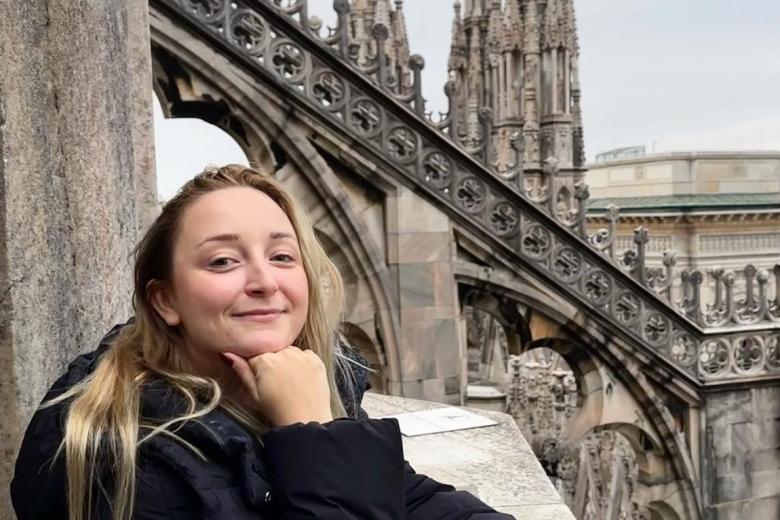
Thomas van der Velde
PhD Candidate
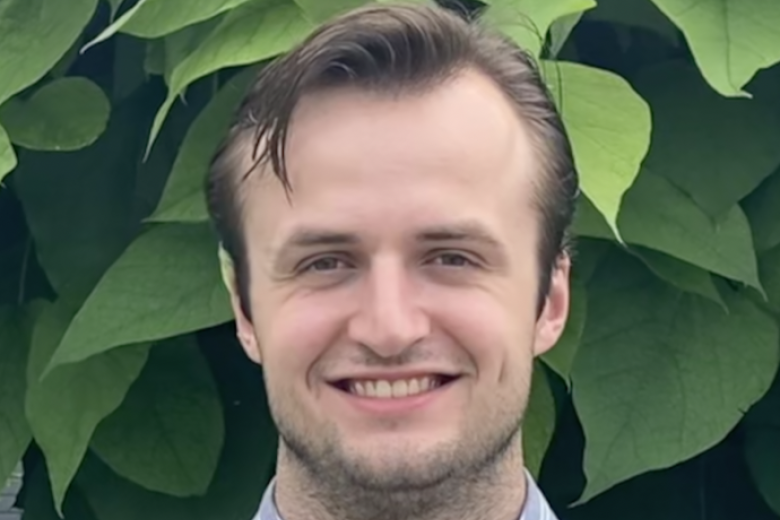
Antonia Raissle
PhD Candidate
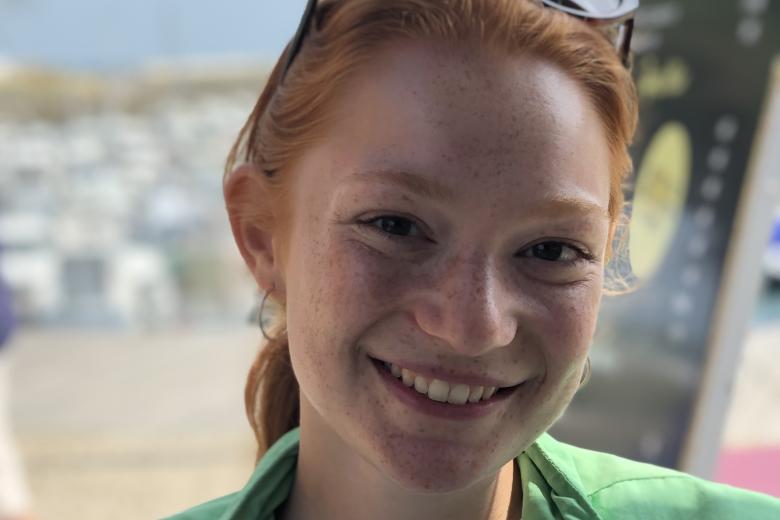
Melanie Smekal
PhD Candidate

Rick Voncken
PhD Candidate
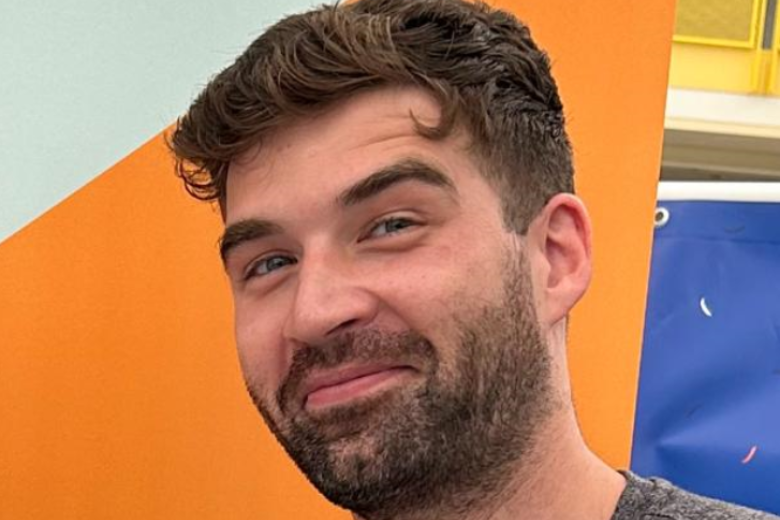
Tingting Zhu
PhD Candidate

Zhen Li
PhD Candidate
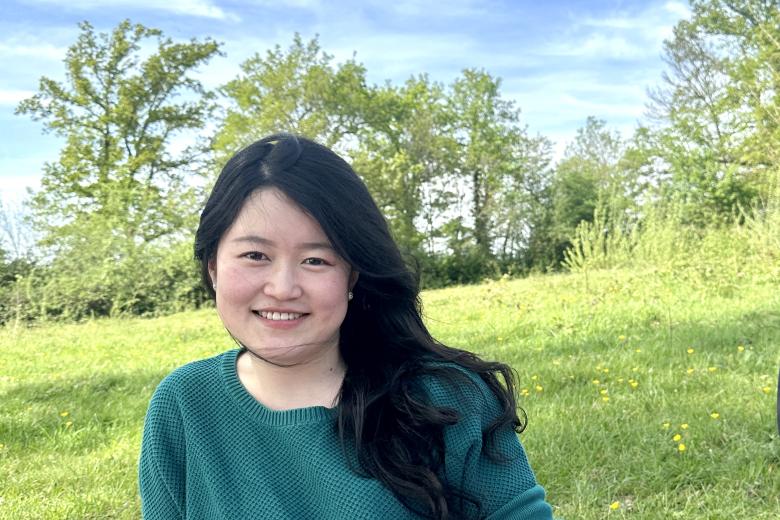
Marie Vandormael
PhD Candidate

Max Kaiser
PhD candidate

Qiannong Wan
PhD Candidate

Zhou Fang
PhD Candidate

Olof van der Werf
PhD Candidate

Theodoros Koutsomitros
External PhD Candidate
Medical Psychotherapist Center, Greece

Alexandra (Ola) Presola
External PhD Candidate
NTC Neurologisches Therapiecentrum, Cologne, Germany

Ben Spielberg
External PhD Candidate
Bespoke Treatment, USA
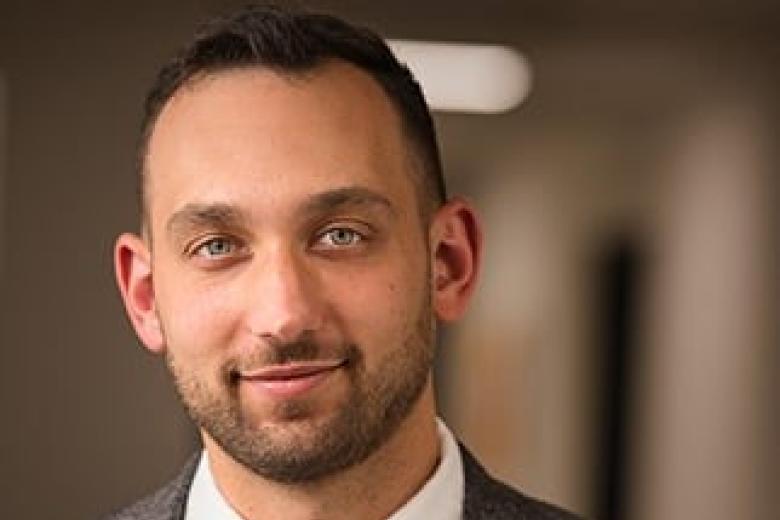
Meike Jodies
External PhD Candidate
Synaeda Psychomedisch Centrum, Drachten, the Netherlands
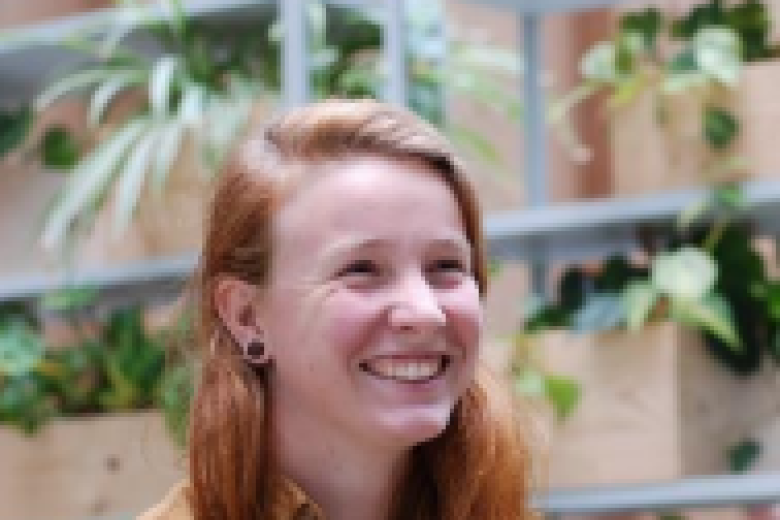
Johanna Pozo Neura
External PhD Candidate
Universidad Católica de Cuenca, Cuenca, Ecuador

Pedro Barata
External PhD Candidate
Regionspsykiatrien Gødstrup - Region Midtjylland, Denmark
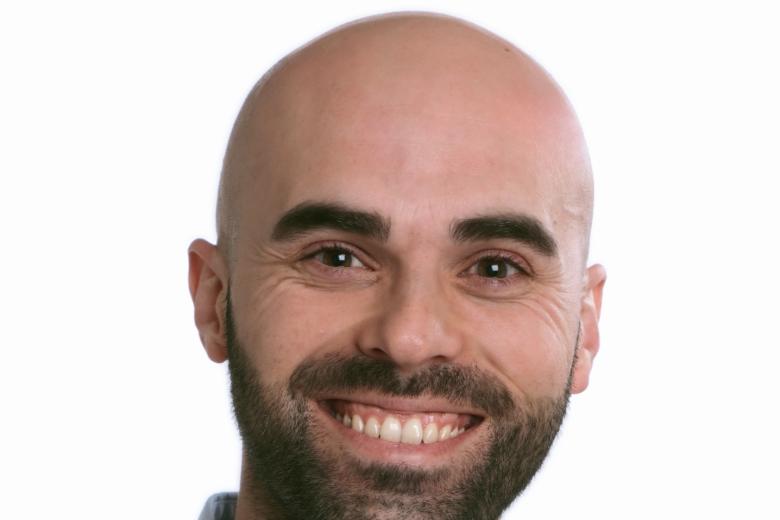
Ghasem Dolati
External PhD Candidate

Maciej Buchwald
External PhD Candidate
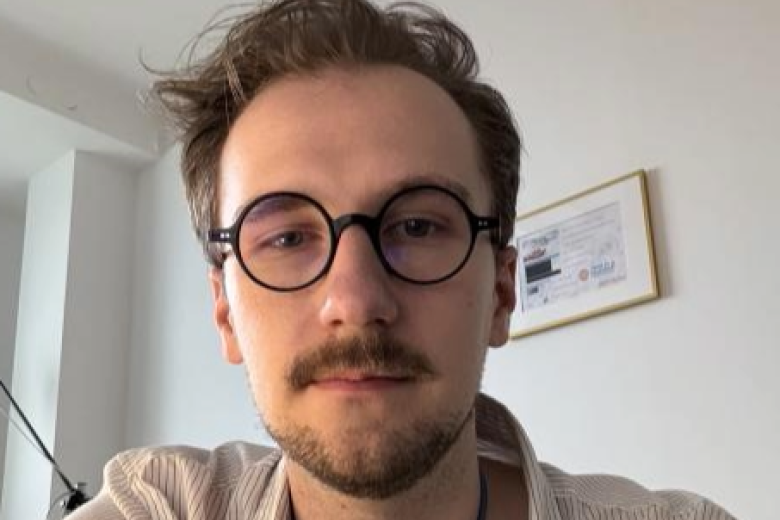
Jana Hovancakova
External PhD Candidate
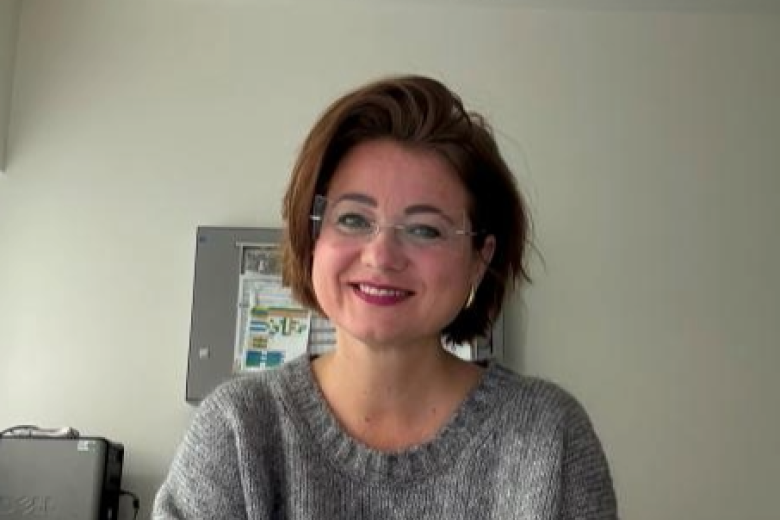
Samira Cutts
External PhD Candidate

Bogy Orban
External PhD Candidate

Hatice Ulsever
External PhD Candidate

Michelle van der Sande
External PhD Candidate

Mashood Chaudhry
External PhD Candidate

Our Alumni
- Stefanie De Smet
- Pauline van Gils
- Eva Dijkstra
- Lauren Zwienenberg
- Marij Middag-van Spanje
- Amourie Prentice
- Samantha Baldi
- Nina Bien
- Aline Elias Caldeira Dantas
- Tom de Graaf
- Franziska Emmerling, néé Dambacher
- Tahnée Engelen
- Stefano Galloto
Guiseppe Giglia
- Hannah Meijs
- Christianne Jacobs
- Shanice Janssens
- Katerina Kandylaki
- Selma Kemmerer
- Mathilde Kennis
- Noralie Krepel
- George Mikellides
- Tomasso Picolli
- Helena Voetterl
- Rosanne Rademakers
- Geraldine Rodriguez Nieto
- Lukas Schilberg
- Alix Thomson
- Eveline Vandewal
- Ting Wang
- Katie Wheat